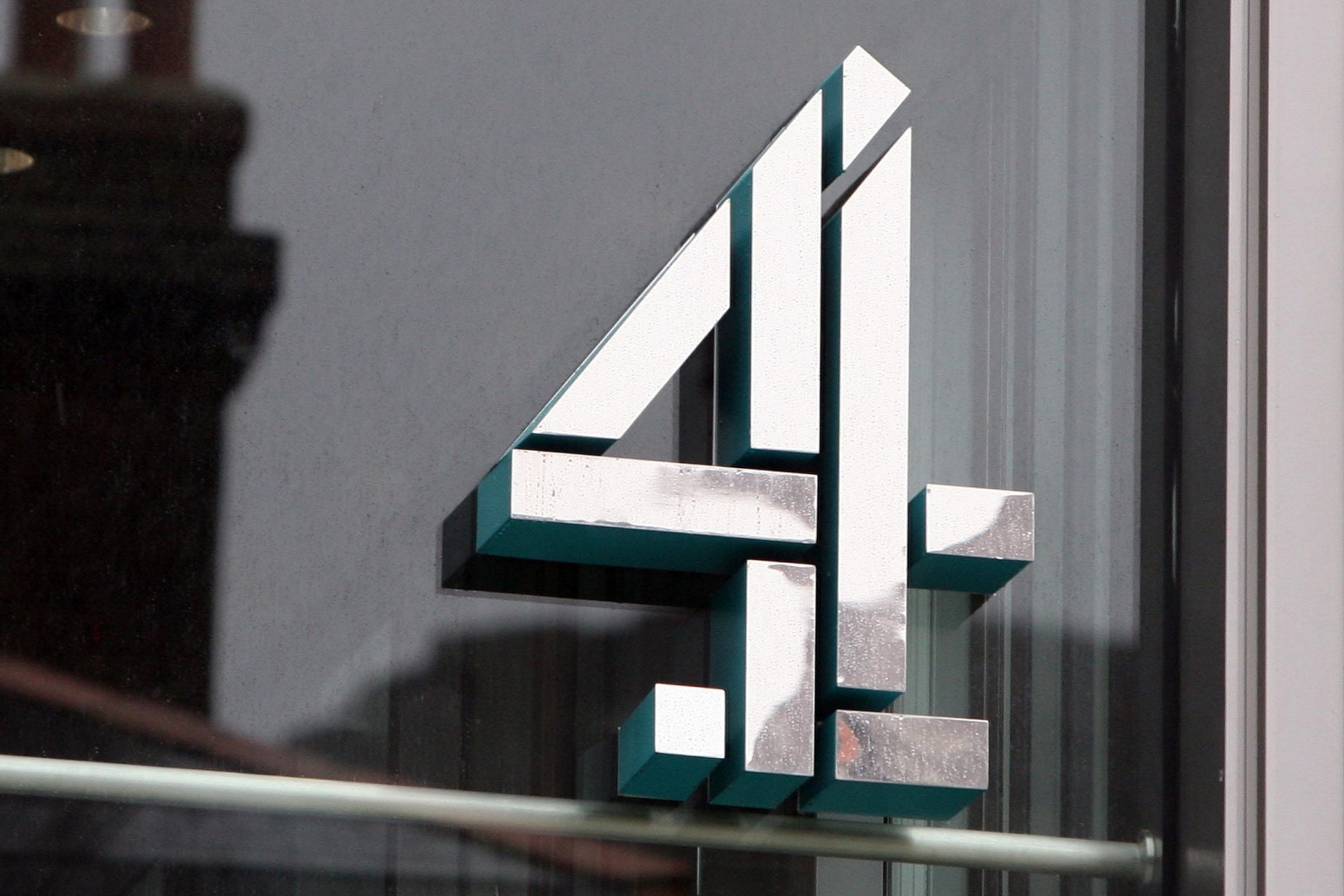
Trade body chief urges new Culture Secretary to reconsider Channel 4 plans
The chief executive of a trade body has urged the new Culture Secretary to reconsider the privatisation of Channel 4 as he feels it is a “brilliant way of taking private money from advertisers and pouring it into the UK economy”.
Following the resignation of Nadine Dorries from the role on Tuesday, the chief executive of Producers Alliance for Cinema and Television (Pact), which represents the independent TV production sector, said it would be a “nonsensical” decision to proceed with taking the broadcaster, which is entirely funded by advertising, out of public ownership.
Liz Truss named Michelle Donelan as the new Culture Secretary late on Tuesday night.
Earlier this year, the Government announced its intention to privatise Channel 4, arguing the broadcaster will struggle to survive in a media landscape increasingly dominated by big streaming giants such as Netflix.
During a media briefing, Pact chief executive officer John McVay said Channel Four is “a brilliant way of taking private money from advertisers and pouring it into the UK economy” and questioned whether changing this approach was a wise decision given the state of the economy.
He said: “Is this really what you want to be doing when we’re about to go into the worst inflationary recession cycle we’ve seen since probably the 1970s?
“Is this really the best thing to do? Is this really top of your to do list? Flogging off something that takes money, gives it to my members, 100% of it to SMEs (small and medium-sized enterprises) across the UK, and they put it into wages and IP an opportunity and global opportunity.
“It was nonsensical enough 18 months ago, now it just seems to be even more nonsensical.”
Mr McVay said Pact would urge the new culture secretary to “absolutely reconsider” privatising Channel 4.
He added: “Take it out of the Media Act, get the legislation through, because if Channel Four is still in there, there will be problems.
“We will make sure that this does not go through the Commons or the Lords on a mandate.”
Mr McVay said the topic could be revisited later on but stated one of their consultancies had surveyed Tory party members who had just voted, largely for the new prime minister, and found this was not on their priority list.
“This was at the bottom of the things that Government should be focusing on”, he said.
“So if you listen to your membership to become the Prime Minister, listen to your membership when it came to what are priorities.”
This comes after more than 750 independent production companies in the UK last week signed an open letter to the future prime minister calling on them to halt Government plans to privatise Channel 4.
The letter suggested shifting to in-house production would lead to a loss of £4.2 billion in the independent film and TV sector over the next decade.
It added production companies outside of London would be hit hard as current plans will see a cut to the level of spend required from Channel 4 in the nations and regions.
Pact’s annual census, which was released on Wednesday, has revealed TV production revenues have nearly returned to pre-Covid levels, growing by 13% in 2021 to £3.251 billion, only £79 million below pre-Covid revenues in 2019.
The review stated innovations by the sector as well as the Government’s Production Restart Scheme meant that production was able to return to near full capacity.
It said the recovery was aided by the resumption of many productions delayed from 2020.
The census also found international activity continued to be an important revenue stream for the UK in 2021 but that it remained down on 2020 figures, which Pact said could be partially attributed to the disruption caused by Covid-19.
Revenue generated by international digital commissioning from on-demand services such as Netflix and Amazon also fell by £57 million in 2021.
While UK digital commissioning revenue from platforms like BBC iPlayer and All 4 increased in 2021 to £67 million, up 191% on 2020. However, this represents only 3.6% of the total UK primary commission revenue as a large percentage comes from linear TV channels.
Published: by Radio NewsHub